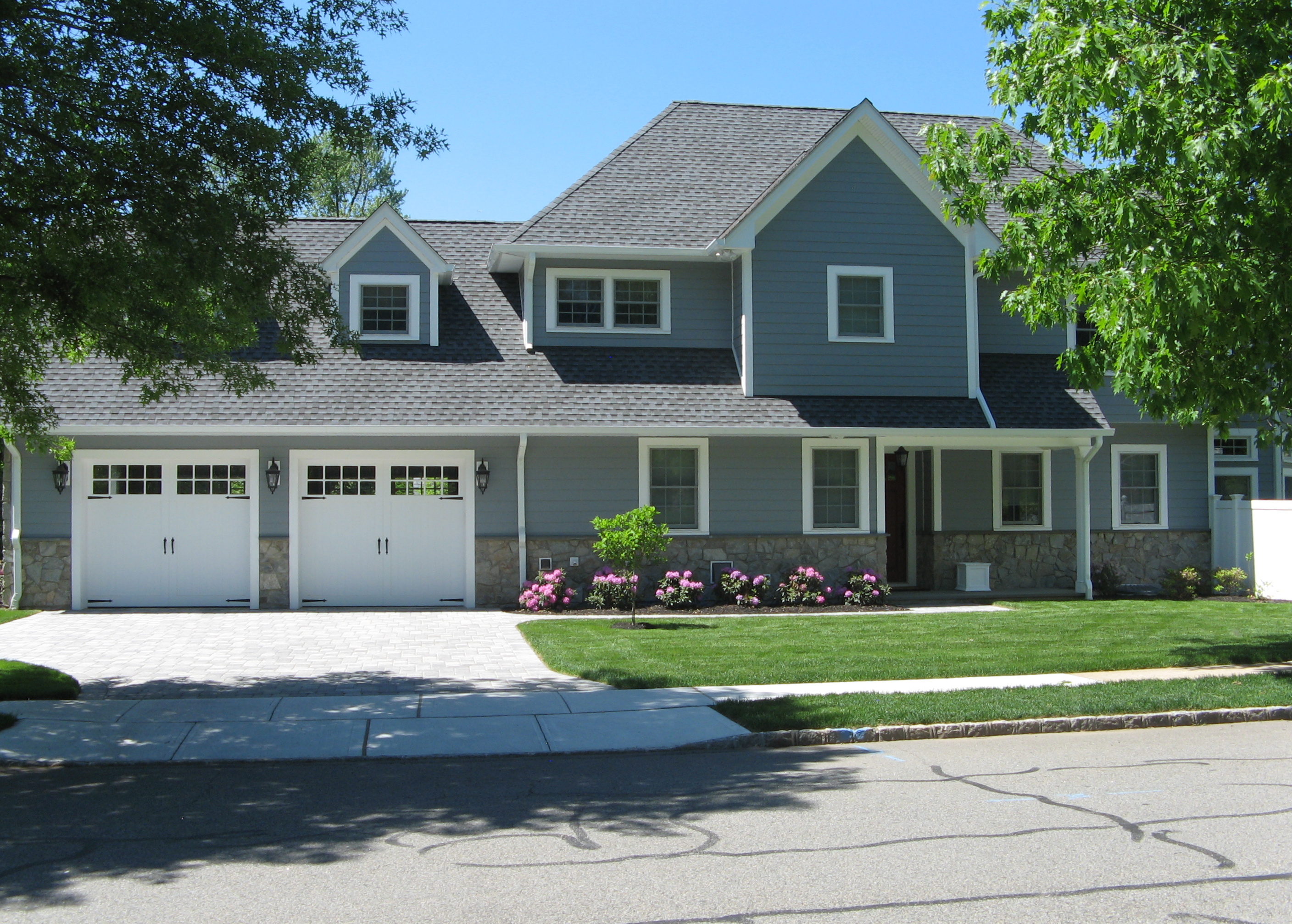A New Home Will Help You Breathe Easier

How professional builders create a healthy indoor environment.
If you have concerns about how healthy your new home will be, you're not alone.
In a 2021 survey of 551 American homeowners commissioned by York (a manufacturer of home heating and cooling systems) 62% of respondents said their home's indoor air quality needed improvement. And in this group, 81% intended to make those improvements over the next 12 months.
These results come as no surprise when you consider recent events. During a presentation at a 2021 industry conference, the developer of a leading healthy home rating system described COVID-19 as a "trigger point." He believes the pandemic will be to indoor air quality what the energy crisis of the 1970s was to energy efficient housing—an event that caused the building industry to start taking the problem seriously and devising ways to solve it.
Fortunately, the best professional builders already take their customers' health seriously. They spend time educating themselves on indoor air quality. And they help their customers choose healthy products.
Knowledge and experience
How does a person determine if a product is, indeed, a good choice? Manufacturers can enroll in certification programs offered by government agencies and industry groups, and products that meet the program's criteria can be labeled as healthy. But while certifications are a good starting point, they don't tell the whole story, and some homeowners worry that manufacturers might game the system.
That's why experienced builders make it a point to test manufacturers' claims. An oft-cited industry quip notes that it's bad business to make your customers sick, which is why pros keep careful records about customer satisfaction and analyze that data to confirm which products won't contribute to health problems.
Professional builders also install high-quality mechanical systems. Today's building codes require a tightly built, energy-efficient home, which makes high-quality ventilation equipment essential. In fact, a tight home with good ventilation will have better air quality than an old, drafty one because it gives the mechanical system more control over the indoor environment. The pro will work with the HVAC (heating, ventilating and air conditioning) contractor to make sure the home's ventilation equipment will replace stale interior air with fresh outside air at a predictable rate.
Hidden health factors
Material choice and ventilation play obvious roles in indoor air quality, but two other factors are also important: the heating/cooling system and the ductwork.
Heating and cooling equipment that's properly sized, with carefully installed ductwork, will use less energy and deliver better air quality. For instance, while an oversized air conditioner will keep the home cool on a muggy summer day, it won't remove enough humidity. And ducts with leaky transitions that run through an unconditioned basement, attic or garage can draw mold, insulation fibers or chemical fumes into the living space.
The professional builder's HVAC contractor will use the latest software to match the mechanical system to your new home's heating and cooling needs. That includes making sure the system is correctly sized with properly sealed ducts.
The bottom line is that a new custom home is an opportunity to create a healthy indoor environment. The smart homeowner will choose a professional builder with a track record of making sure this happens.